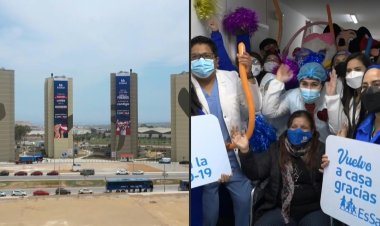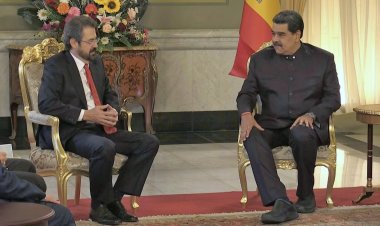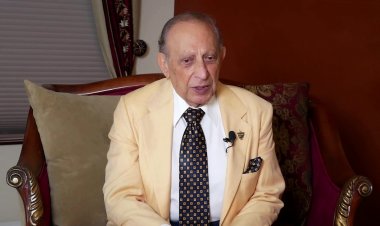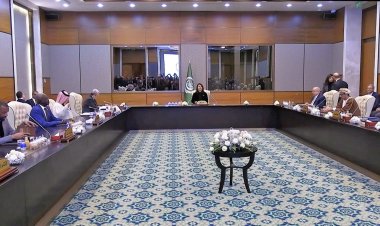Eleven years since revolt, Libya far from democracy
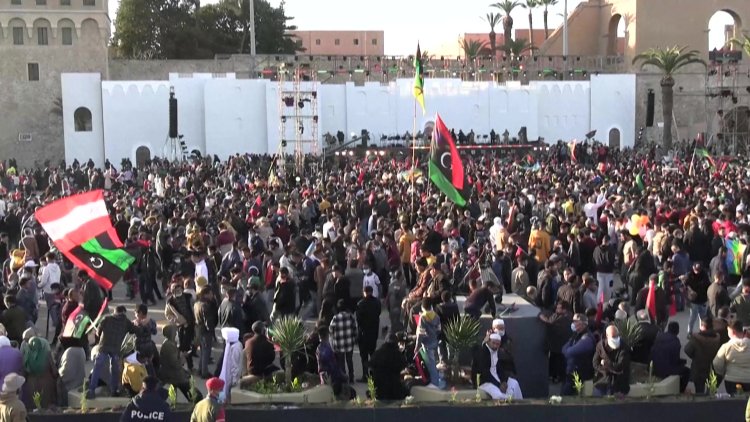
Libyans marked 11 years since the revolt that toppled dictator Moamer Kadhafi, but the democracy many hoped for seems as elusive as ever, and many fear a return to conflict.
The anniversary comes as the country, for years plagued by divisions between east and west, finds itself with two rival prime ministers based in the capital Tripoli.
Just weeks after national elections planned for December 24 were indefinitely postponed, the east-based parliament voted to appoint influential ex-interior minister Fathi Bashagha to replace the interim unity government.
Incumbent Prime Minister Abdulhamid Dbeibah, appointed as part of a United Nations-driven peace process, has insisted he will only hand over power to an elected government.
The resulting showdown has sparked fears of another conflict -- not between east and west, but within Tripoli itself.
Streets in Tripoli were lined with the red, black and green flags adopted after Kadhafi's overthrow.
Concerts and fireworks are planned for Friday in the capital's Martyrs' Square, where Kadhafi once gave a famous, desperate speech before the "February 17 revolution" swept him from power.
Dbeibah paid tribute to those who had fought for "freedom and justice", tweeting that "on this glorious anniversary, we renew our vow to look to a more promising future, that fulfils promises of change and guarantees a better life for future generations".
In the eastern city of Benghazi, dozens of people carrying Libyan flags gathered at the spot where the first anti-Kadhafi protest had started in 2011, an photographer said.




